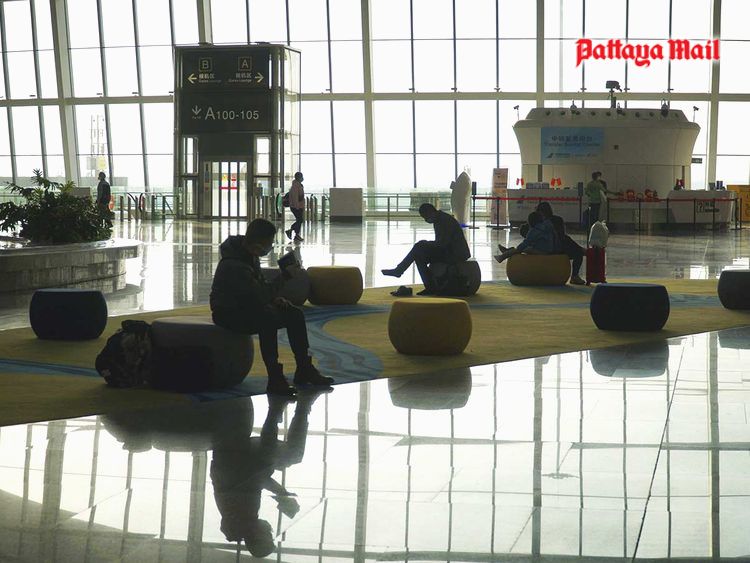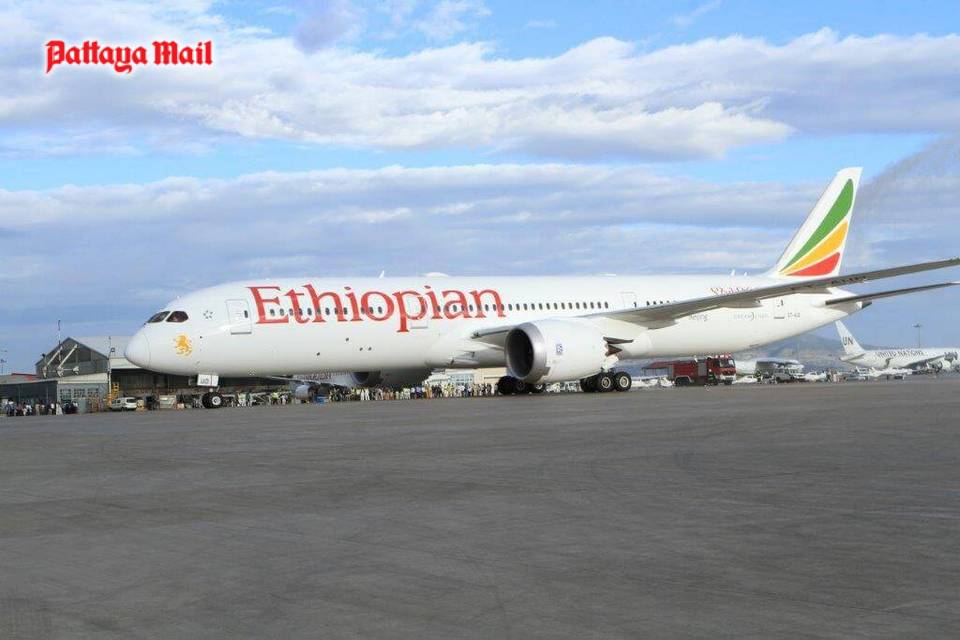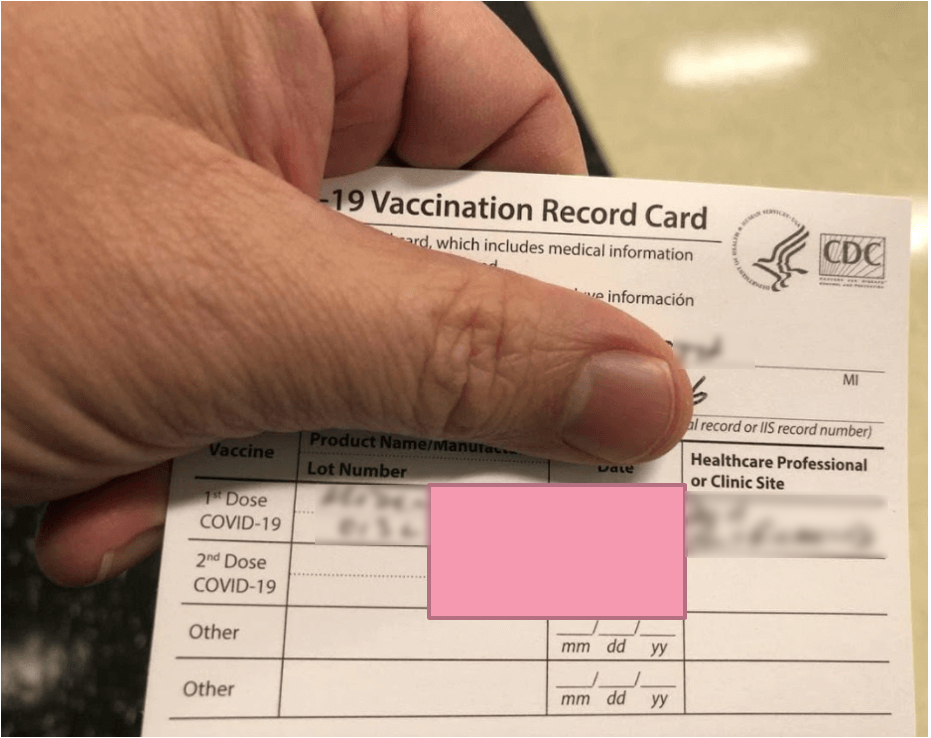
With coronavirus vaccination currently unavailable to foreigners in Thailand and other non-priority groups, fraudsters and conmen are readily crowding the security breaches. Pattaya Mail has been informed of two Pattaya expats who fell victim to scams. It's very doubtful they are the only cases.
Harold G, a 66 year-old retiree, said he received a phone call purporting to come from a well-known hospital in Pattaya inviting him to jump the queue in the coming rush to be immunized. "I was told that I could have a choice of vaccines including the one-shot Johnson and Johnson which had already been approved by the Thai health ministry."

John was then advised that a one-off payment of 25,000 baht would secure not only the vaccination certificate but a later incorporation into the latest digital passport. That would be necessary anyway because the immigration bureau would be making such security measures compulsory from early next year for visa renewal. The immigration authorities, by the way, have not made any such suggestion.
The expat Brit then gave the phone scammer his credit card details. His card was used to transfer 35,000 baht to a furniture store in the Philippines, but no further information has been forthcoming about his hoped-for certification.
ร้านทอง TMK Gold ต้นมะขามช่างทอง
visit tmkgold.com/ to learn more
He reported the affair to the local police and received a written report in Thai. An officer on duty said the incoming phone call was from a "dead" number, perhaps a theft, and added that telephone marketing scams are a worldwide problem for all.
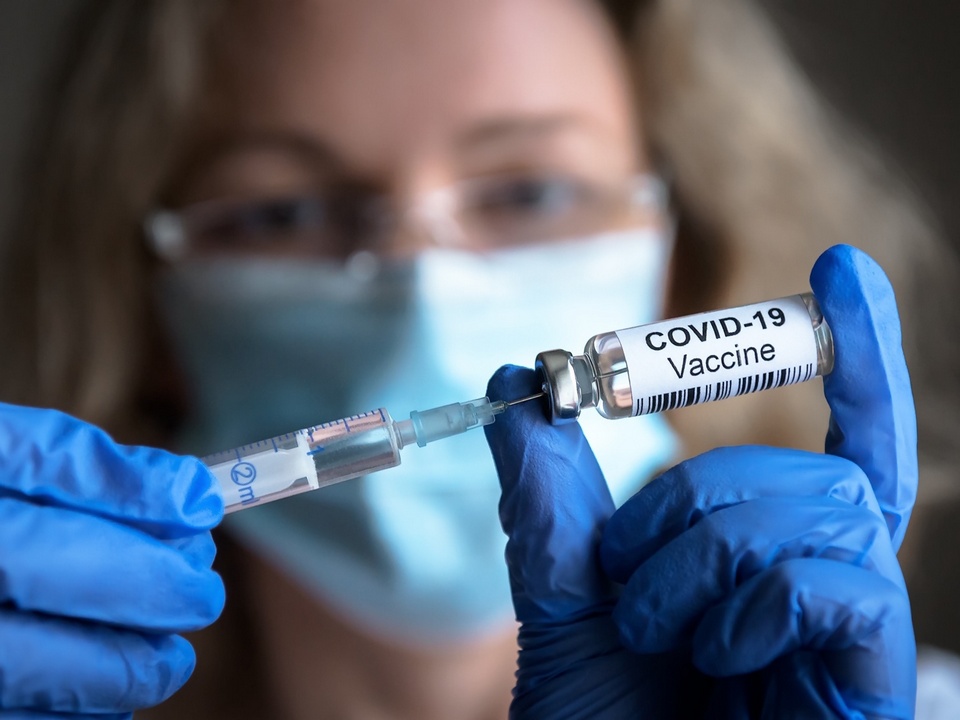
Frank M, a 58 year-old American with a Thai wife, said he had investigated the internet dark web and discovered hundreds of sites offering to certify more or less any coronavirus vaccine for around US$600. He said he had obtained a certificate within minutes for the AstraZeneca vaccine, duly stamped and dated with a fake signature from a Pattaya medical consultant.
Pattaya Mail spoke to local computer guru Kevin Smythe who confirmed that the dark web sells absolutely anything, illegal or not. "The desire for customers to be anonymous is attractive to many, but there is absolutely no comeback or security concerning the purchase." He added that the production of fake documentation is a serious problem in Pattaya, as instanced by the recent arrest of Russians and Chinese offering for sale fake income letters to obtain annual visas and overseas driving licences.
Marion Quigley, spokeswoman for Passport Health Trust, said that even digital vaccine passports which provide multi-layered security on a mobile phone using QR codes, sometimes with facial or fingerprint recognition, were suspect. "The problem with any vaccine passports is that they focus only on the individual's current status. They don't tell you if that particular vaccinated person has immunity against future disease and for how long. They don't tell you if that individual is resistant to new strains, and whether he or she can pass the infection to third parties."
ร้านทอง TMK Gold ต้นมะขามช่างทอง
visit tmkgold.com/ to learn more



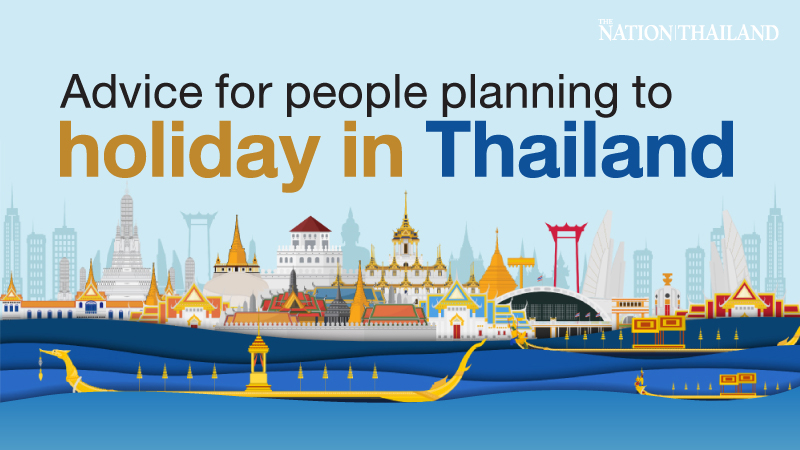



.jpg.b37679ca0a1279fa90f7d1619ff390a6.jpg)










